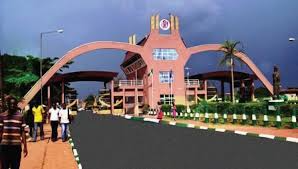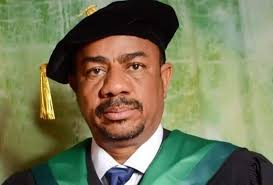The International Monetary Fund (IMF)has clarified that it was not responsible for Nigeria’s recent decision to remove fuel subsidies, a move that has sparked criticism due to the resulting inflation and economic hardship for many Nigerians.
The decision, according to the IMF, was made independently by the Nigerian government.
Speaking during a press conference at the IMF and World Bank Annual Meetings in Washington D.C., the IMF’s African Region Director, Mr. Abebe Selassie, stressed that the IMF had no direct involvement in the policy decision.
“The decision was a domestic one. We don’t have programmes in Nigeria. Our role is limited to regular dialogue, as we have with other nations like Japan or the UK,” Selassie said.
While acknowledging that the IMF offers guidance on public resource management, Selassie pointed out that Nigeria’s decision to remove fuel subsidies aligns with its long-term strategy to enhance public resource efficiency and foster sustainable economic growth. He emphasized that the choice was deeply rooted in domestic and political considerations.
“Ultimately, these are profound domestic and political decisions that the government had to make,” he noted.
Selassie recognized the significant economic impact the reforms have had on Nigerians and urged the Nigerian government to implement social investment programmes to cushion the effects on vulnerable populations.
“We recognize the significant social costs involved. The government can mitigate these by expanding social protection for the most vulnerable,” Selassie added.
The IMF reiterated its support for Nigeria’s efforts to balance public resource management while encouraging the government to invest in infrastructure, healthcare, and education to support long-term economic stability.







